South Africa tops 'Good Country' survey of African nations – which were the worst?
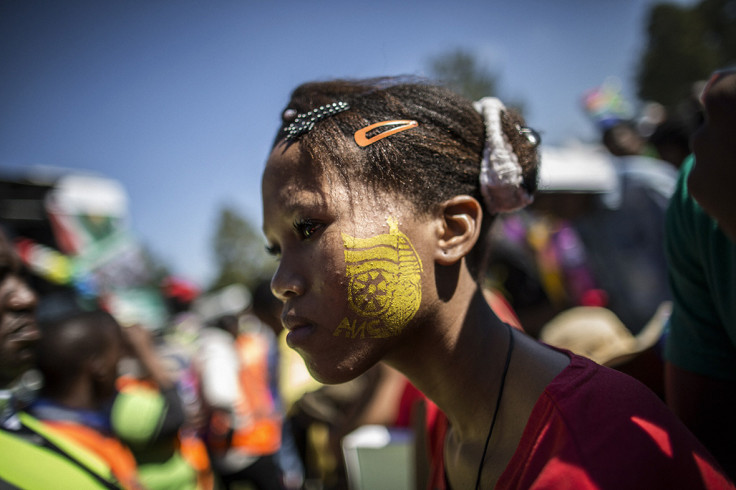
South Africa has topped the list of African countries in a survey that measures the contribution nations make to humanity as a whole. Nations of the Great Lakes region came in the bottom third of the table.
The Good Country Index ranks 163 countries by the good they do for humanity. The politico-humanitarian study ranks countries based on what they contribute to others, and is put together from 35 indicators including United Nations and World Bank data, among others.
The global impact of each country is measured across seven categories: Science and Technology, Culture, International Peace and Security, World Order, Planet and Climate, Prosperity and Equality and Health and Wellbeing.
South Africa top humanitarian contributor
Whilst it was the highest scoring African nation in terms of its contribution to humanity, South Africa came 52nd out of 163 countries overall.
South Africa ranked first for International Peace and Security, including indicators such as the number of peacekeeping troops sent overseas for UN missions, arms exports and attributed number of casualties of international organised violence.
However, it dropped to almost the very bottom, ranking 160th for Prosperity and Equality, which includes trading across borders, Fairtrade market size relative to the size of the economy, and number of aid workers and volunteers sent overseas.
South Africa was followed by Egypt, the second-highest scoring African nation, which came 52nd overall, aided by an equally impressive second place for International Peace and Security. However, the Arab Republic came 118th for Planet and Climate, an indicator that includes a nation's ecological footprint and C02 emissions relative to the size of the economy, re-/de-forestation since 1992 as well as hazardous pesticides exports.
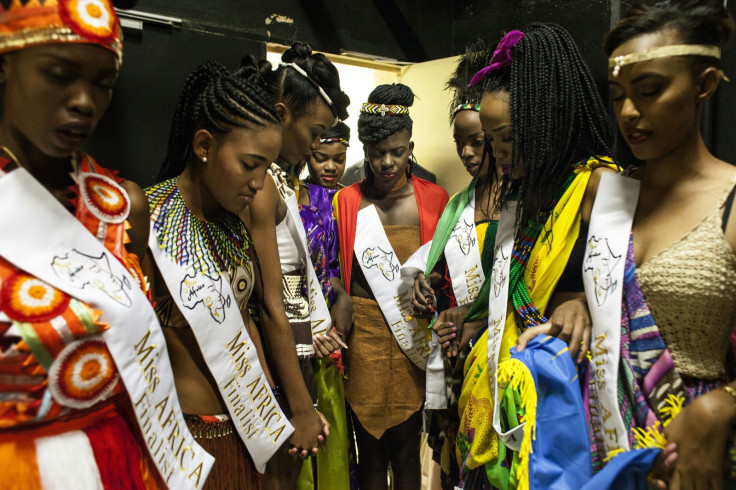
Great Lakes region in lower third
In the Great Lakes Region (GLR), which has experienced a paradox of democracy and elections triggering violence, Rwanda sits in the 144th position overall.
The nation of 11.8 million, which ranked 161 out of 180 countries in the 2016 World Press Freedom Index, came last for Culture, but was in the top half for International Peace and Security (55th), Planet and Climate (47th) and 65th for Health and Wellbeing.
Culture includes freedom of movement (such as visa restrictions), press freedom and exports of creative goods and services, while Health and Wellbeing refers to food aid, humanitarian aid donations and compliance to international health regulations.
Another GLR heavyweight, the Democratic Republic of Congo (DRC), ranked 153rd overall, due to a low score (152nd) for World Order (based on charity giving, number of refugees hosted relative to the size of the economy, and refugees generated relative to the size of the population, for instance). According to the UN refugee agency, 452,900 Congolese refugees are currently living in foreign countries.
Meanwhile, neighbouring Burundi (150th) came 154th for Culture, 153rd for World Order and 152nd for Planet and Climate. However, the conflict-ridden nation also ranked 38th for International Peace and Security.
'Improve international government collaboration'
Four African countries mired at the bottom of the survey – Central African Republic (CAR, 160th), Mauritania (161st, but last for International Peace and Security) and Equatorial Guinea (162nd), which came last for Health and Wellbeing.
Despite the addition of 38 countries since the first edition of the index, Libya once again came bottom in the league table, owing to a number of abysmal rankings (161th for International Peace & Security, 153rd position for Prosperity and Equality and 146th for Health and Wellbeing) though it was not placed last in any specific category.
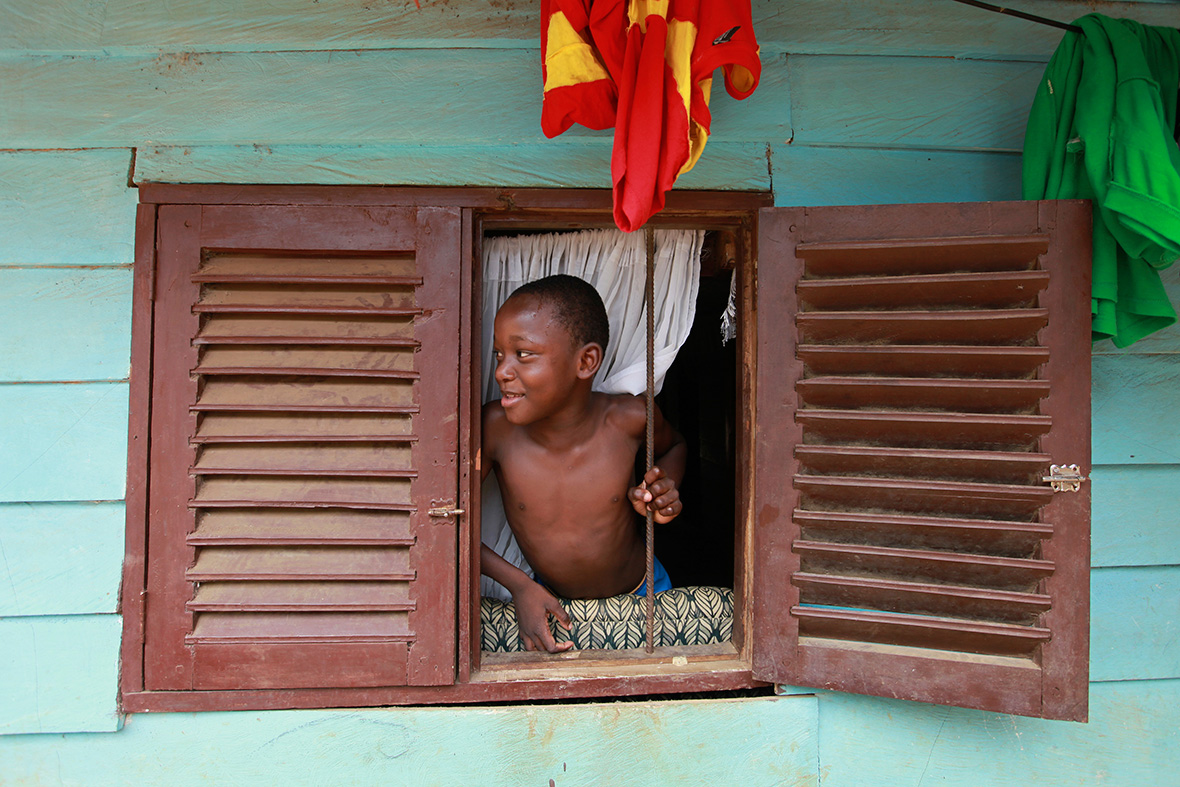

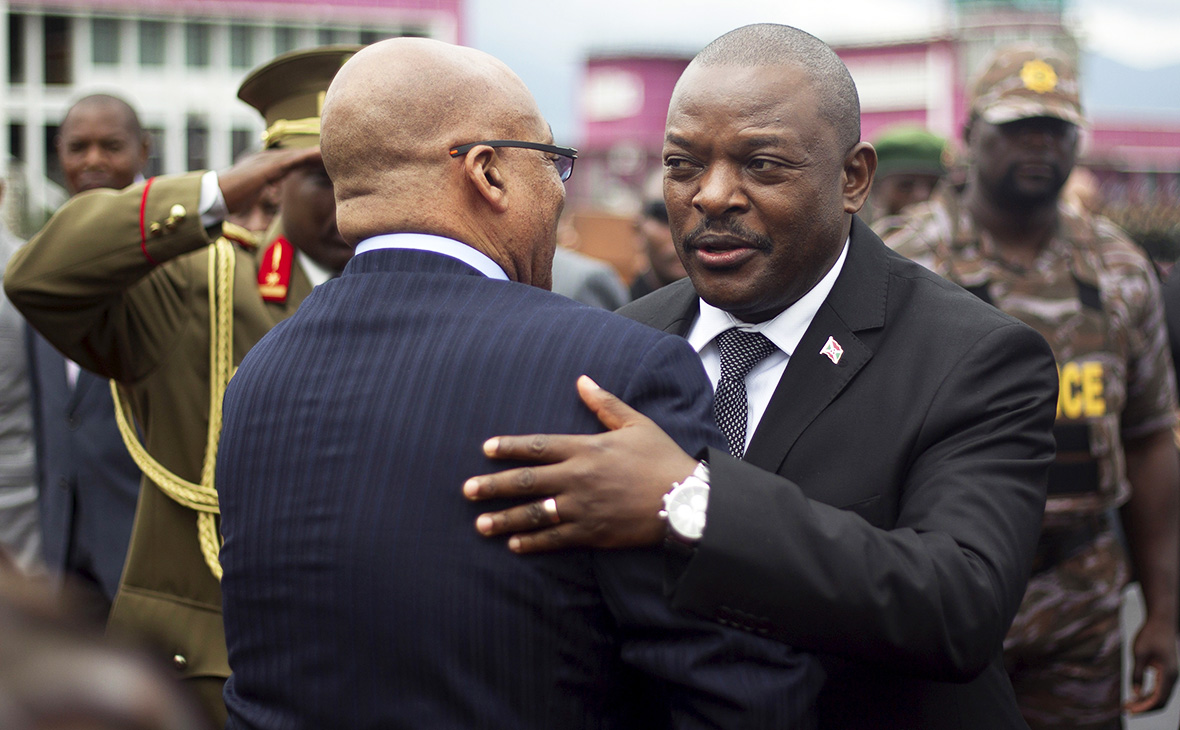
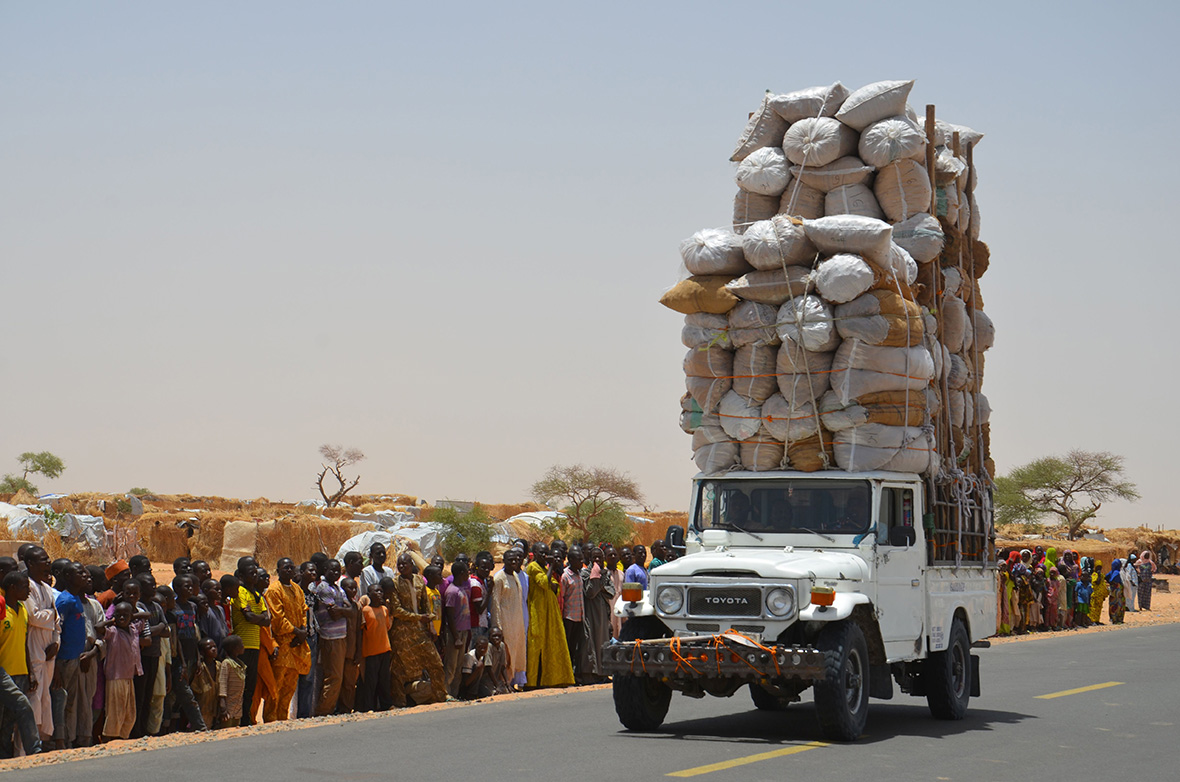


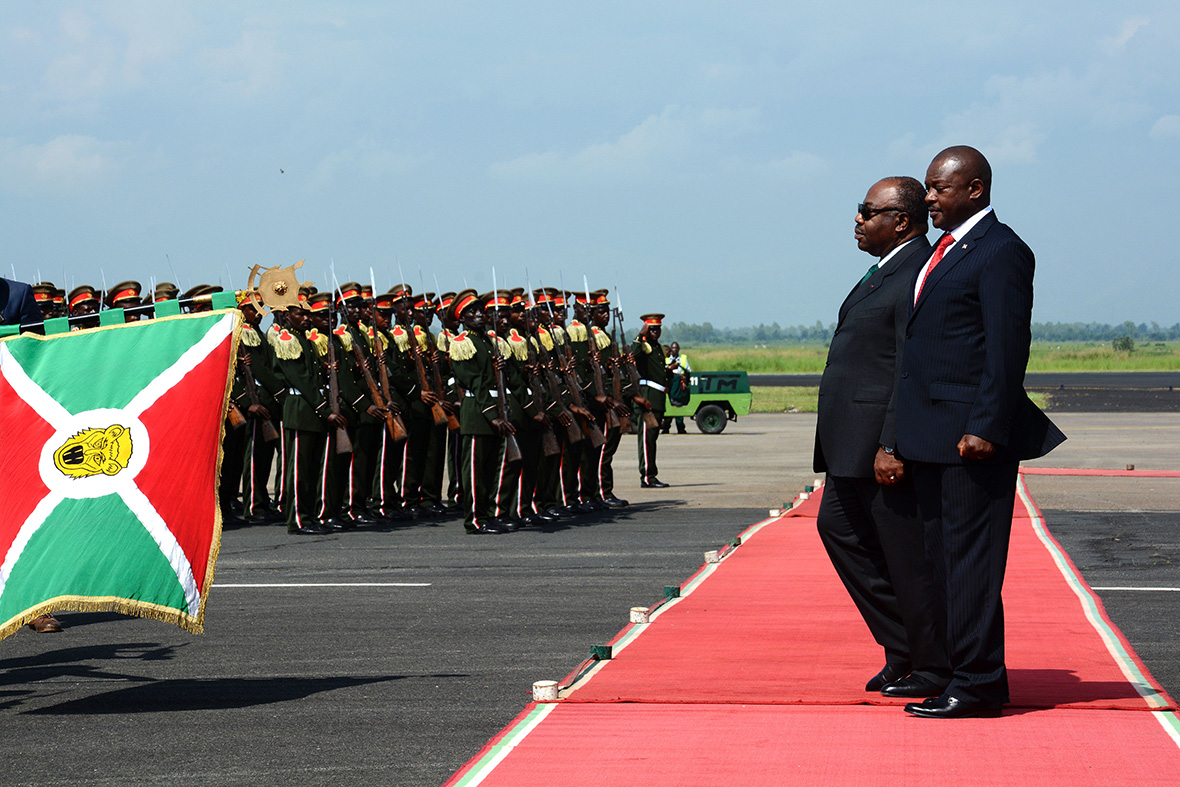
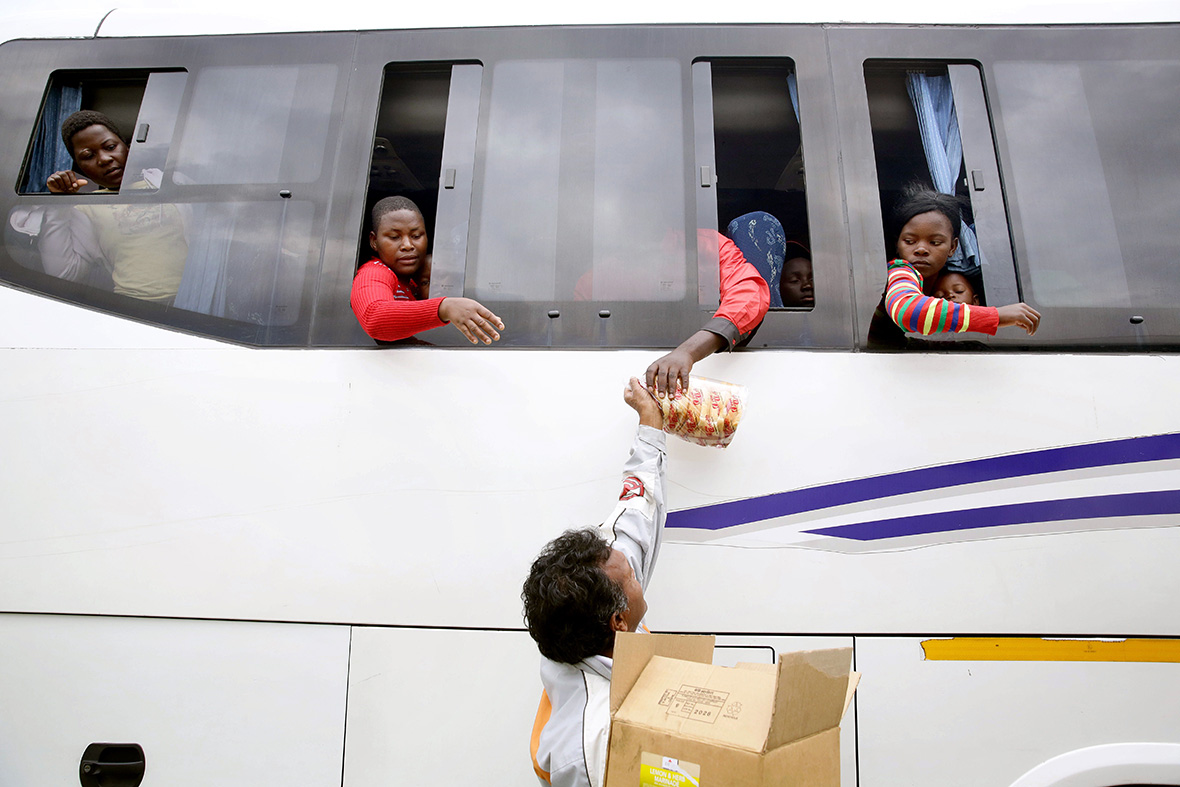
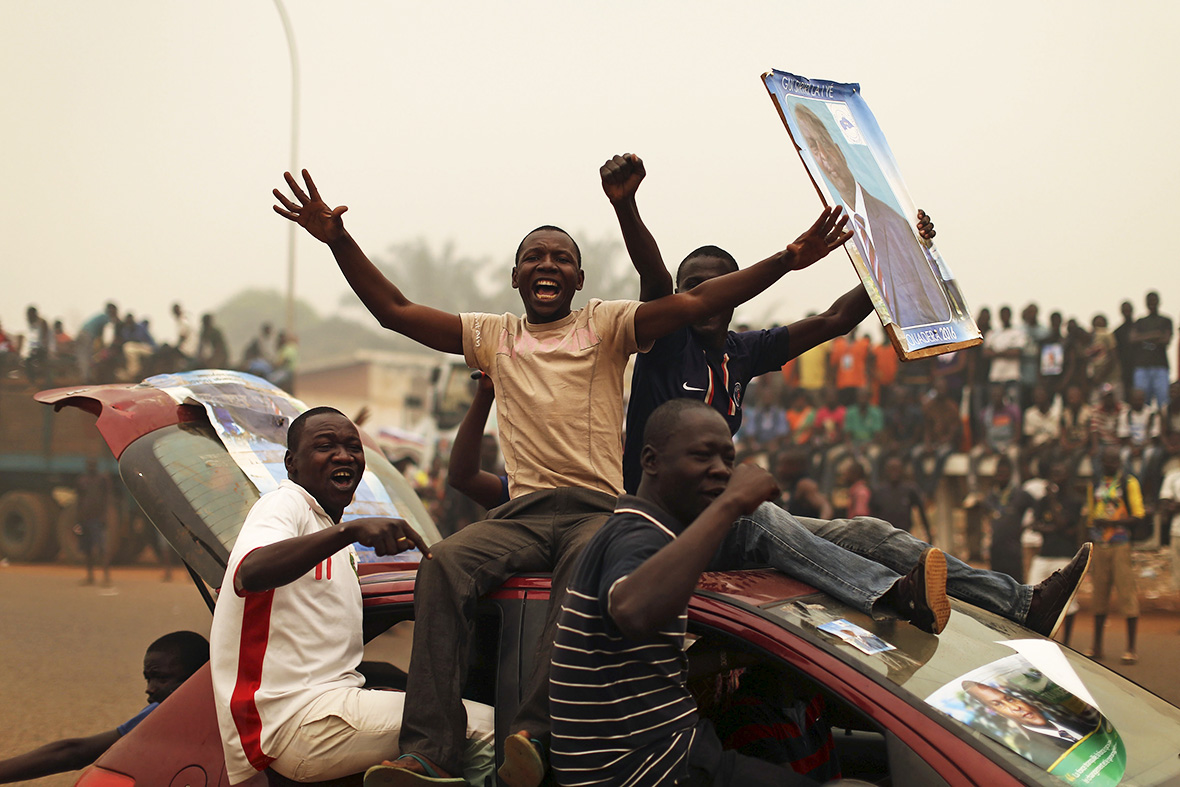



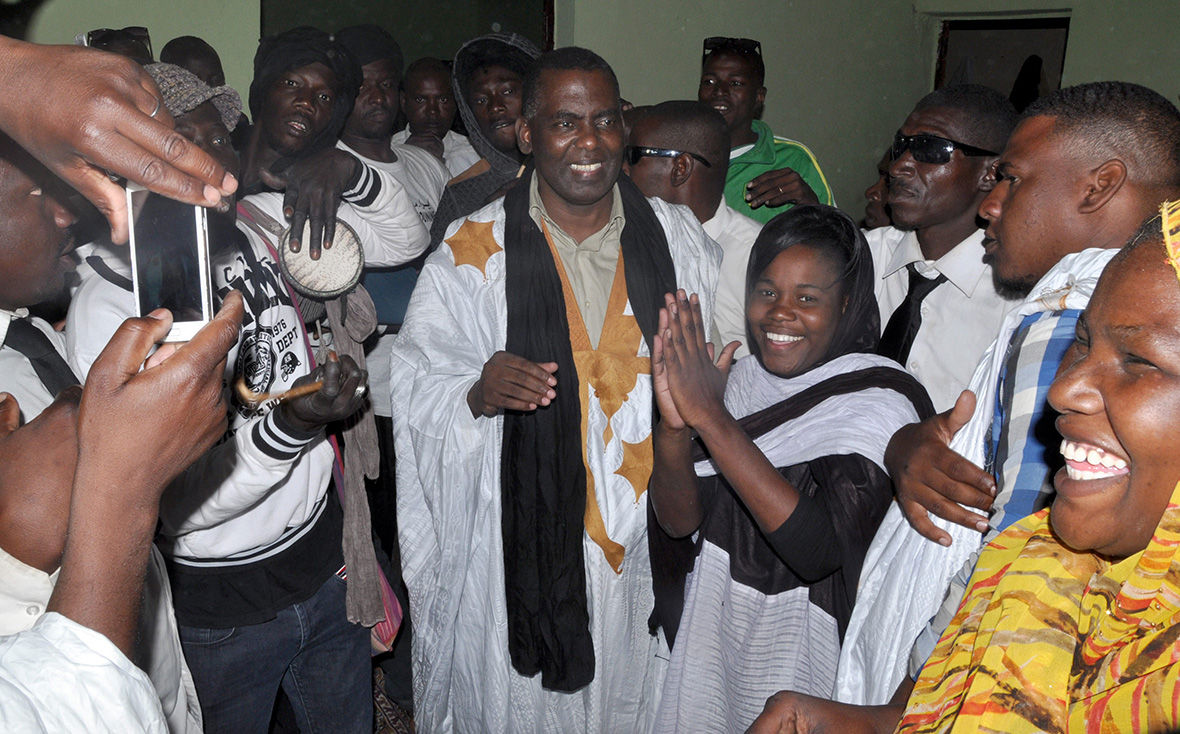

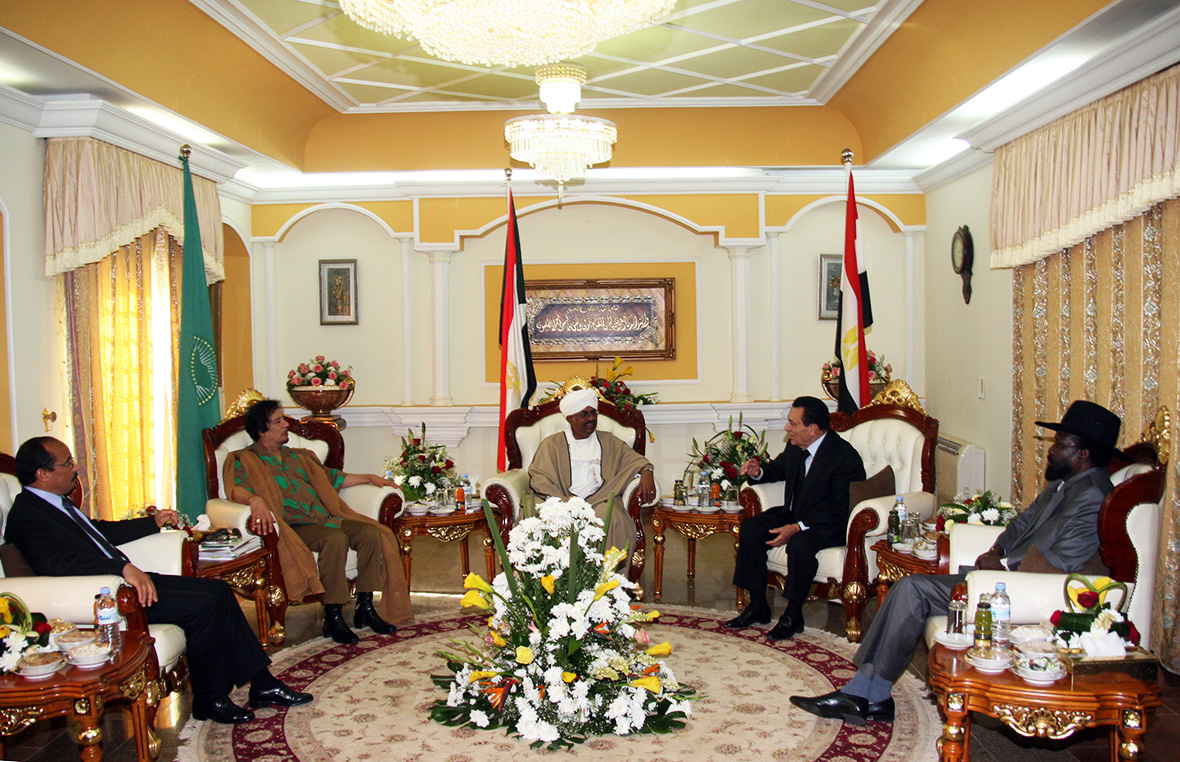




In comparison, the United Kingdom ranked first for Science and Technology, while Sweden took the pole position overall.
The survey was created by Simon Anholt, a policy advisor, who has worked with the Heads of State and Governments of more than 50 countries, with the aim to encourage countries to "improve international government collaboration".
Anholt explained he started the Good Country "to change how our leaders run our countries. To help them understand they're not just responsible for their own citizens, but for every man, woman, child and animal on the planet. To tell them they're not just responsible for their own little slice of territory, but for the whole of the earth's surface and the atmosphere above it. And to help them act like they mean it".
© Copyright IBTimes 2025. All rights reserved.






















